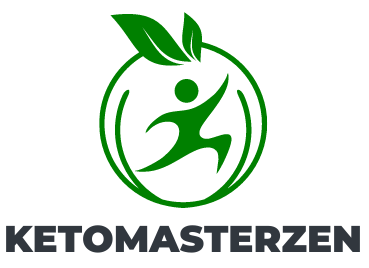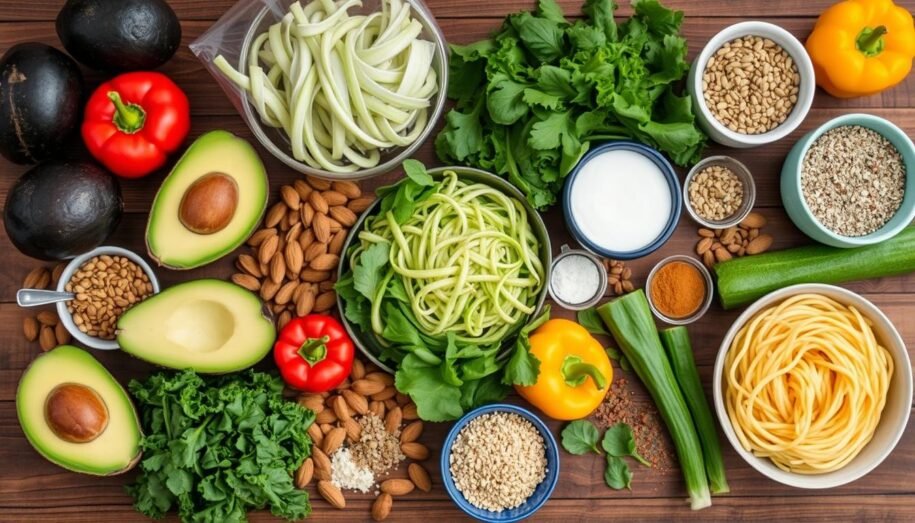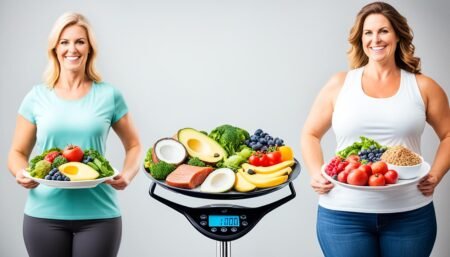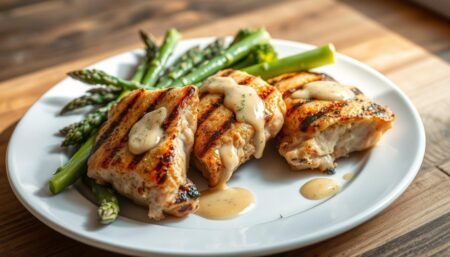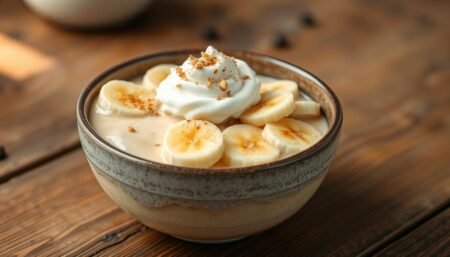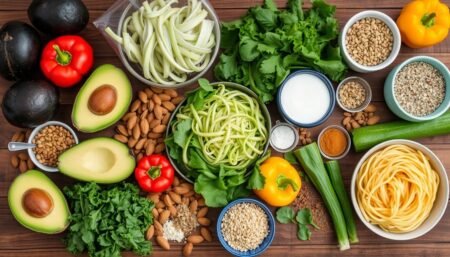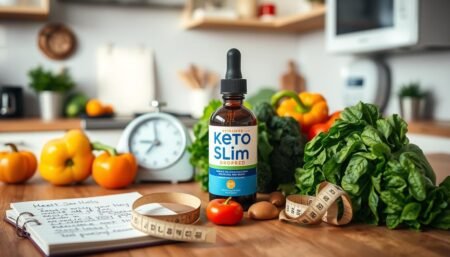Are you thinking about mixing a plant-based diet with ketosis? A vegan keto meal plan could be perfect for you. It blends veganism with the ketogenic diet, offering a new way to eat healthily.
With a keto diet vegan meal plan, you get the best of both worlds. You’ll avoid animal products and keep carbs low. This helps your body burn fat and might help you lose weight. It can also boost your energy and health.
Starting a vegan meal plan that follows keto rules might seem hard. But with the right tips and planning, you can make tasty, healthy meals. This guide will show you how to succeed on a vegan keto diet.
Key Takeaways
- Vegan keto combines plant-based eating with low-carb principles
- This approach can lead to weight loss and improved energy levels
- Careful planning is crucial for a balanced vegan keto meal plan
- Focus on high-fat plant foods and low-carb vegetables
- Proper supplementation may be necessary to meet nutritional needs
Understanding the Vegan Keto Diet
The vegan keto diet combines two popular eating approaches: plant-based and ketogenic. This unique blend offers a new way to achieve ketosis while adhering to vegan principles. Let’s explore what this diet entails, its benefits, and potential challenges.
What is a vegan keto diet?
A vegan keto diet is a low-carb vegan eating plan. It focuses on high-fat, moderate-protein foods. It eliminates animal products and limits carbohydrate intake to induce ketosis. This metabolic state encourages your body to burn fat for fuel instead of carbs.
Benefits of combining vegan and keto approaches
The plant-based ketogenic diet offers several potential benefits:
- Weight loss
- Improved blood sugar control
- Reduced inflammation
- Lower risk of heart disease
- Environmental sustainability
Challenges of a vegan keto lifestyle
While the vegan keto diet can be rewarding, it comes with its share of challenges:
- Limited food choices
- Difficulty meeting protein requirements
- Potential nutrient deficiencies
- Social challenges when dining out
Despite these obstacles, many find success with careful planning and dedication to the vegan keto lifestyle. By understanding the basics, you can make informed decisions about whether this diet aligns with your health goals and values.
Essential Nutrients for Vegan Keto Success
To succeed on a vegan keto diet, you need to pay close attention to key nutrients. Plant-based keto diets require careful planning to keep your body in ketosis. Let’s look at the main nutrients you need for health and weight control.
Protein is vital for muscle health and overall well-being. On a vegan keto diet, choose high-protein, low-carb foods like tofu, tempeh, and seitan. These plant-based proteins give you the amino acids you need without too many carbs.
Healthy fats are key for any keto diet. Add avocados, coconut oil, and nuts to your meals. These foods help you feel full and meet your fat needs while staying in ketosis.
Getting enough micronutrients can be tough on a vegan keto diet. Make sure to get enough vitamin B12, iron, and omega-3 fatty acids. You might need supplements or fortified foods to meet your nutritional needs.
| Nutrient | Vegan Keto Sources | Daily Requirement |
|---|---|---|
| Protein | Tofu, tempeh, seitan | 0.8-1g per kg body weight |
| Healthy Fats | Avocado, coconut oil, nuts | 70-80% of daily calories |
| Vitamin B12 | Nutritional yeast, fortified foods | 2.4 mcg |
| Iron | Spinach, pumpkin seeds | 18 mg for adults |
| Omega-3 | Flaxseeds, chia seeds | 1.6g for men, 1.1g for women |
By focusing on these essential nutrients, you’ll be well on your way to success on a vegan keto diet. Always listen to your body and talk to a healthcare professional to make sure your diet is right for you.
Best Keto Diet Vegan Meal Plan: A Comprehensive Guide
Creating a keto vegan meal plan might seem tough, but it’s doable. With the right recipes and ingredients, you can enjoy delicious plant-based keto meals. This guide will help you stay on track with your health goals.
Breakfast Options
Begin your day with a nutrient-rich vegan keto recipe. Try a smoothie bowl with coconut milk, spinach, and chia seeds. Or, go for avocado toast on keto-friendly bread with hemp seeds.
Lunch Ideas
For lunch, a hearty salad with leafy greens, tofu, and tahini dressing is great. Zucchini noodles with pesto and sunflower seeds also make a tasty meal for your keto vegan plan.
Dinner Recipes
Dinner can be exciting with plant-based keto meals. Try a cauliflower rice stir-fry or grilled portobello mushroom steaks. These dishes are flavorful and keep carbs low.
Snacks and Desserts
Don’t forget snacks and treats! Kale chips, almond butter fat bombs, or coconut yogurt with berries are perfect. These vegan keto recipes satisfy your cravings while keeping you in ketosis.
| Meal | Recipe | Net Carbs |
|---|---|---|
| Breakfast | Chia Seed Pudding | 4g |
| Lunch | Cauliflower Hummus with Celery | 6g |
| Dinner | Eggplant Lasagna | 8g |
| Snack | Macadamia Nuts | 2g |
For a successful keto vegan meal plan, plan carefully and watch your macronutrients. Try different recipes to find your favorites. This keeps your diet varied and interesting.
Protein Sources for Vegan Keto Dieters
Finding plant-based protein sources for a vegan keto diet can be tough. Look for low-carb vegan proteins that give you essential amino acids. This way, you keep your ketosis state.
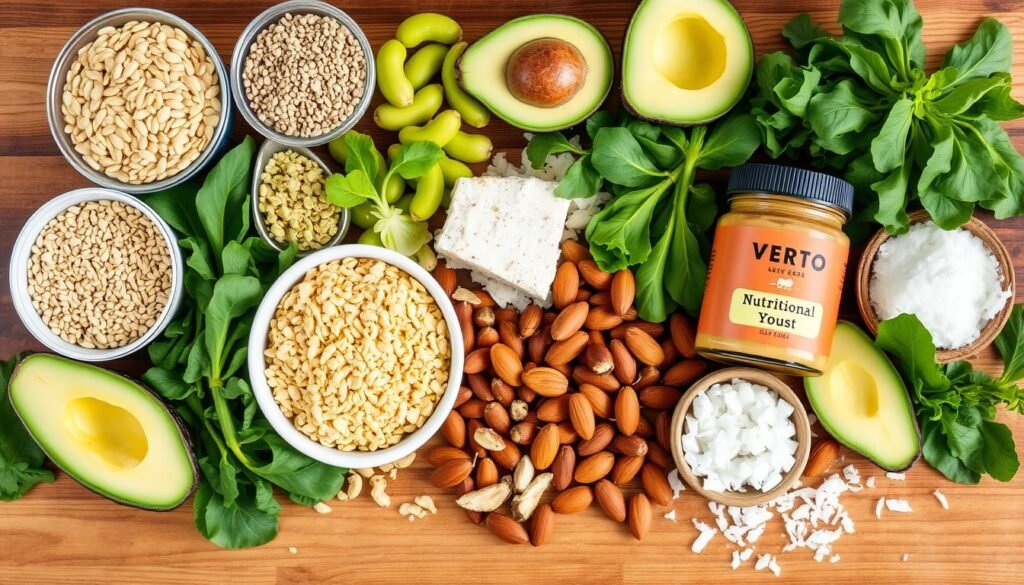
Tofu and tempeh are great vegan keto protein picks. They come from soy and are very versatile. Seitan, made from wheat gluten, is also high in protein, but only for those without gluten issues.
Plant-based protein powders from hemp, pea, or pumpkin seeds are also good. They’re low in carbs and high in protein. This makes them perfect for vegan keto diets.
Nuts and seeds like almonds, walnuts, and chia seeds are full of protein and healthy fats. They’re great for snacking or adding to meals for extra nutrition.
| Protein Source | Protein (g per 100g) | Net Carbs (g per 100g) |
|---|---|---|
| Tofu | 8 | 1.2 |
| Tempeh | 19 | 7 |
| Seitan | 75 | 4 |
| Hemp Seeds | 32 | 1.4 |
| Almonds | 21 | 2.9 |
By adding these low-carb vegan proteins to your meals, you can keep a balanced vegan keto diet. You’ll also meet your protein needs.
Healthy Fats to Incorporate into Your Vegan Keto Meals
Vegan keto fats are key to staying in ketosis on a plant-based diet. Adding healthy fats to your meals helps you meet your fat needs and keeps you energized.
Plant-based oils
Plant-based oils are great for cooking and dressing salads. Choose extra virgin olive oil, avocado oil, and coconut oil. They’re full of good fats that help with ketosis and offer health benefits.
Nuts and seeds
Nuts and seeds are packed with healthy fats. Add almonds, walnuts, chia seeds, and flaxseeds to your diet. They’re rich in protein, fiber, and minerals, and keep your fat intake up.
Avocado and coconut products
Avocados are a must-have for vegan keto diets, with lots of healthy fats. Use them in salads, smoothies, or as a snack. Coconut products like full-fat coconut milk and coconut cream are also good, with MCTs that boost ketones and energy.
- Avocado: 77% fat, low in carbs
- Coconut milk: 93% fat, minimal carbs
- Coconut cream: 90% fat, excellent for desserts
By adding these vegan keto fats to your meals, you can stay in ketosis and enjoy tasty plant-based foods. Make sure to balance fats with enough protein and low-carb veggies for the best nutrition.
Low-Carb Vegetables for Your Vegan Keto Meal Plan
Choosing the right keto-friendly vegetables is key for a vegan keto diet. These veggies are low in carbs but rich in nutrients. Here are some top picks for your vegan keto produce list.
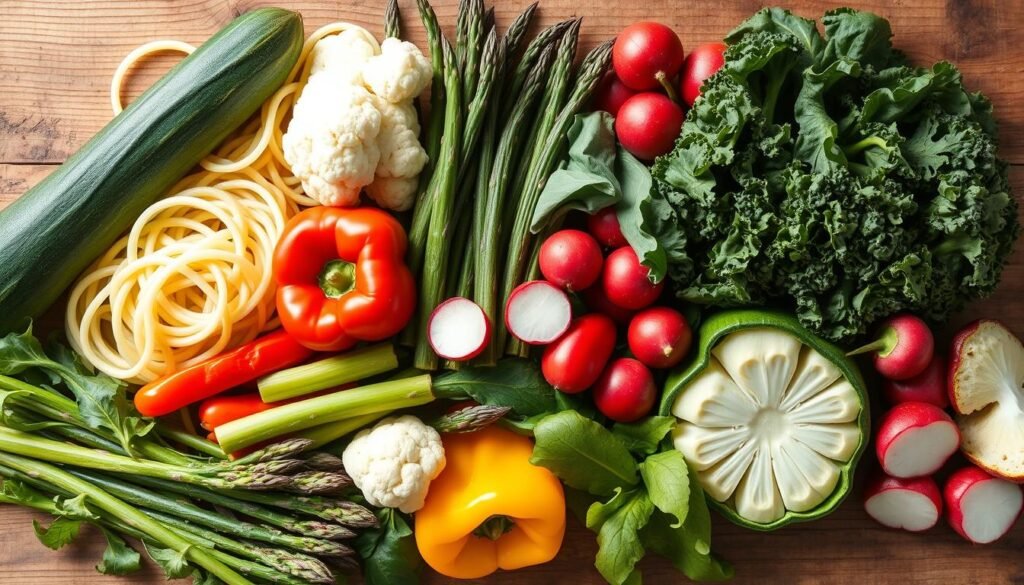
Leafy greens are top picks for keto-friendly veggies. Spinach, kale, and arugula are full of vitamins and minerals. They’re also very low in carbs. You can add them to salads, smoothies, or sauté them as a side.
Cruciferous veggies like broccoli, cauliflower, and Brussels sprouts are great for vegan keto diets. They’re versatile and can be roasted, steamed, or used as rice substitutes in dishes.
Zucchini is a great low-carb choice. You can make zucchini noodles with a spiralizer or slice it thinly for salads. Avocados, though a fruit, are perfect for adding healthy fats to your meals.
| Vegetable | Net Carbs per 100g | Key Nutrients |
|---|---|---|
| Spinach | 1.4g | Iron, Vitamin K, Folate |
| Broccoli | 4g | Vitamin C, Fiber, Potassium |
| Zucchini | 2.1g | Vitamin A, Manganese, Vitamin C |
| Avocado | 1.8g | Healthy Fats, Potassium, Fiber |
Remember, variety is important when picking vegan keto produce. Mix and match these veggies to make tasty, nutritious meals. These meals will keep you in ketosis and meet your plant-based dietary needs.
Supplements to Consider on a Vegan Keto Diet
A vegan keto diet can be tough to get right. You might need some essential vegan supplements to fill gaps in your diet. Let’s look at some key nutrients you might need to add.
Vitamin B12
Vitamin B12 is key for your nerves and blood cells. Since it’s mostly in animal products, vegans often need supplements. Choose a high-quality B12 supplement or fortified foods to get enough.
Omega-3 Fatty Acids
Omega-3s are good for your heart and brain. While you can get them from plants like flaxseeds, an algae-based omega-3 supplement might be better. This ensures you get enough on a vegan keto diet.
Iron and Zinc
Iron and zinc are important minerals that can be tough to get from plants. You might need iron and zinc supplements. This is especially true if you’re not eating enough leafy greens or legumes.
| Nutrient | Recommended Daily Intake | Vegan Keto Food Sources | Supplement Form |
|---|---|---|---|
| Vitamin B12 | 2.4 mcg | Nutritional yeast, fortified plant milk | Cyanocobalamin or methylcobalamin |
| Omega-3 | 1.6 g (men), 1.1 g (women) | Chia seeds, flaxseeds | Algae-based DHA/EPA |
| Iron | 18 mg | Spinach, kale | Ferrous sulfate |
| Zinc | 11 mg (men), 8 mg (women) | Pumpkin seeds, hemp seeds | Zinc gluconate |
While supplements are helpful, always talk to a healthcare professional before starting them. They can create a plan that fits your vegan keto diet needs.
Meal Prep Tips for Vegan Keto Success
Mastering vegan keto meal prep makes your journey easier. Set aside a few hours each week for planning and preparing meals. This effort saves time and reduces stress later on.
Batch cooking is a big help for keto vegan food prep. Make big batches of cauliflower rice, zucchini noodles, and tofu scramble. Store them in airtight containers in your fridge or freezer for quick meals all week.
Stock up on vegan keto-friendly ingredients to make planning easier. Keep nuts, seeds, coconut oil, and low-carb veggies ready. Pre-wash and chop veggies to save time. With these tips, you’re on your way to vegan keto success.
FAQ
What is a vegan keto diet?
A vegan keto diet combines plant-based eating with low-carb, high-fat nutrition. It focuses on whole, unprocessed plant foods. This helps reduce carb intake to enter ketosis.
What are the benefits of a vegan keto diet?
A vegan keto diet may help with weight loss and better blood sugar control. It also boosts energy and reduces inflammation. Plus, it’s good for the planet.
What are some challenges of following a vegan keto diet?
Challenges include getting enough protein and nutrients. Finding fats and avoiding deficiencies like vitamin B12 and omega-3s can be tough.
What are some good sources of protein on a vegan keto diet?
Great vegan keto protein sources are tofu, tempeh, and seitan. Nutritional yeast and plant-based protein powders are also good options.
What fats should I incorporate into my vegan keto meals?
Include healthy fats like coconut, olive, and avocado oils. Nuts, seeds, avocados, and coconut products are also good choices.
What low-carb vegetables can I eat on a vegan keto diet?
Great low-carb veggies for a vegan keto diet are leafy greens and cruciferous veggies. Zucchini, asparagus, bell peppers, and mushrooms are also good.
What supplements might be helpful on a vegan keto diet?
Supplements like vitamin B12 and omega-3s from algae are helpful. Iron and zinc supplements can also ensure you get enough nutrients.
Any tips for meal prepping on a vegan keto diet?
For vegan keto meal prep, batch cook and freeze meals. Store ingredients well and plan snacks and on-the-go meals in advance.
